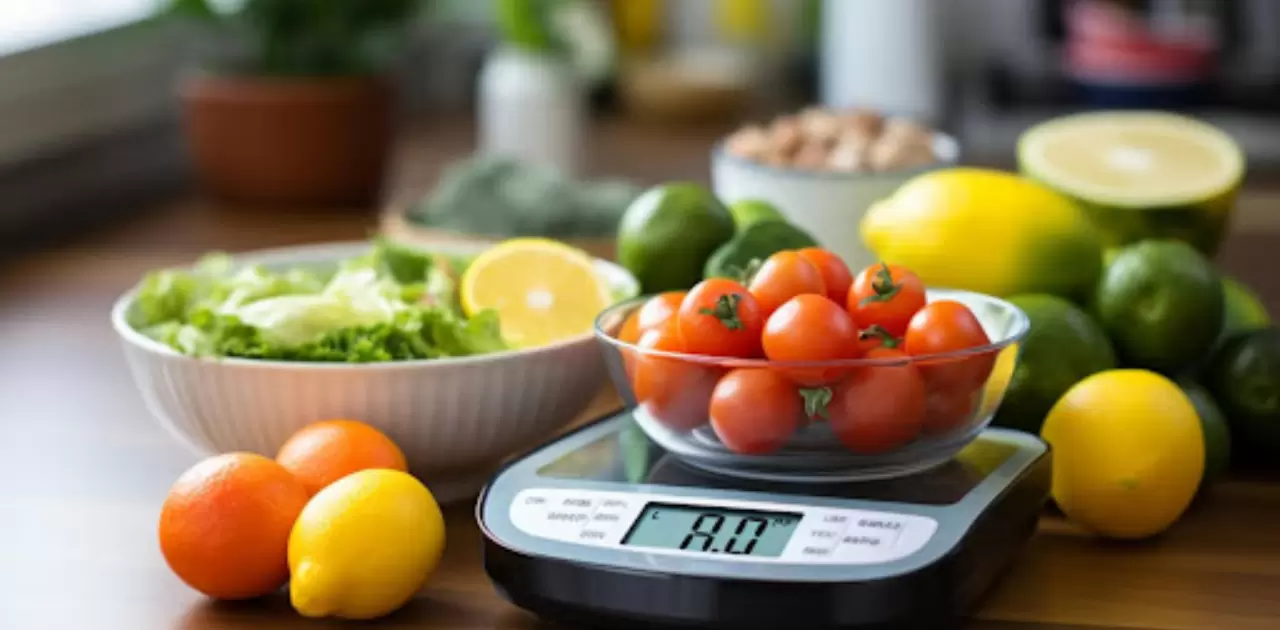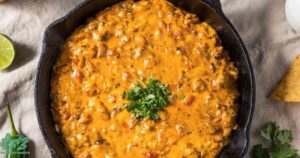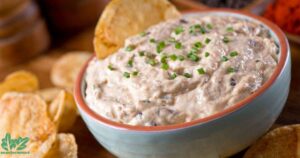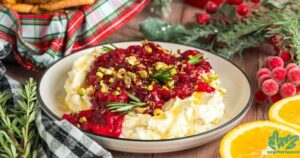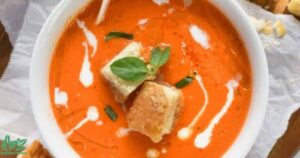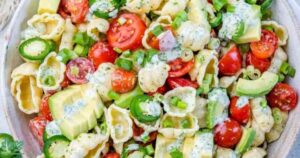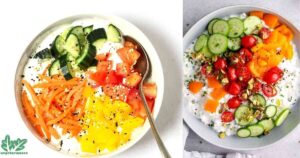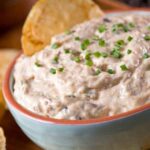Measuring calories in food at home is a crucial skill for anyone striving to manage their weight or improve their health. By understanding how to quantify the energy content of the food we consume.we can make more informed dietary choices and better achieve our fitness goals. This guide will explore simple yet effective methods for measuring calories in food right from the comfort of your own kitchen.
One of the most practical tools for calorie measurement is a digital kitchen scale. By accurately weighing our food portions.We can calculate the calories more precisely. This helps us maintain portion control and stay within our daily calorie targets fostering a healthier relationship with food.
Using a food scale reading nutrition labels on packaged foods can provide valuable insights into their calorie content. Paying attention to serving sizes and calories per serving helps us make smarter choices about what and how much to eat. Understanding ingredient lists further empowers us to identify sources of added calories such as sugars or fats.
Utilize a Food Scale Precision in Portion Control
A food scale is an indispensable tool for achieving precision in portion control. By accurately measuring the weight of our food. We can ensure that we are consuming the right amount of calories for our dietary needs.
This helps prevent overeating and allows us to maintain a balanced intake of nutrients for optimal health.Using a food scale also promotes awareness of portion sizes which is key to managing calorie intake effectively.
By consistently measuring our food portions we can develop healthier eating habits and make more mindful choices about what we put on our plates. This simple yet powerful technique empowers us to take control of our diet and achieve our fitness goals.
Read Nutrition Labels
Reading nutrition labels is essential for understanding the calorie content of packaged foods and making informed dietary choices. Paying attention to serving sizes calories per serving and ingredient lists can help us maintain a balanced and healthy diet.
- Check the serving size specified on the label to ensure portion accuracy.
- Note the number of calories per serving to gauge the energy content of the food.
- Examine the ingredient list to identify sources of added calories, such as sugars or fats.
Also read this: What Food Do Crows Like?
Use Online Tools and Apps
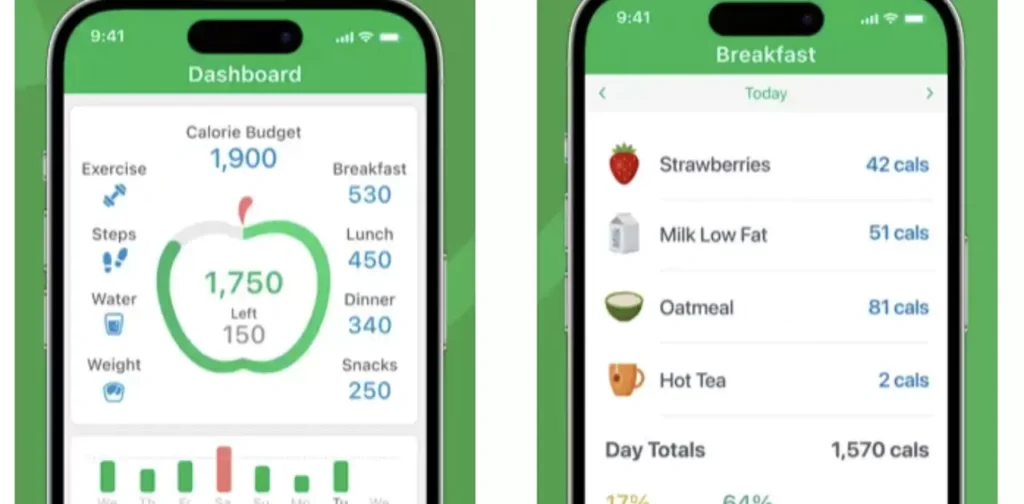
Online tools and apps provide convenient access to comprehensive databases of foods and their calorie content. With just a few taps on your smartphone or clicks on your computer you can quickly look up the nutritional information of various foods.
This makes it easier to track your calorie intake and make informed decisions about your diet.You are counting calories monitoring macros or simply aiming to eat healthier. These digital resources can be invaluable aids.
Many apps even offer additional features like meal planning recipe suggestions and progress tracking to support your journey towards better nutrition and fitness.
Reference Cookbooks and Online Recipes
Reference cookbooks and online recipes serve as valuable resources for measuring calories in food at home. These sources often provide detailed nutritional information per serving helping you make informed decisions about your meals. By following recipes closely and adjusting serving sizes as needed.You can accurately track your calorie intake and maintain a balanced diet.
Measure Ingredients Before vs After Cooking
Measuring ingredients before and after cooking can impact the accuracy of calorie measurement. Weighing food raw ensures precise portion control and allows for consistent tracking of calorie intake. This method accounts for changes in food volume that occur during cooking such as water loss or absorption of fats.
If you choose to measure ingredients after cooking it is important to be mindful of potential calorie alterations. Some cooking methods may increase or decrease the calorie content of food, so comparing pre-cooking and post-cooking weights helps ensure accuracy. By understanding these differences you can make more informed decisions about portion sizes and overall calorie consumption.
Invest in a Calorie Counting Book
Investing in a calorie counting book can be a helpful resource for accurately tracking calorie intake. These books categorize various foods by type and provide detailed information about their calorie content.
Having a physical reference can make it easier to quickly look up calorie values when planning meals or making food choices.Calorie counting books often include tips and guidelines for portion control and healthy eating habits.
They can serve as handy companions for anyone looking to manage their weight or improve their dietary habits. By incorporating the information from these books into your daily routine you can better understand the calorie content of the foods you consume and make more informed decisions about your diet.
Homemade Recipes Calculate Ingredient Calories
Calculating ingredient calories in homemade recipes is a straightforward process that empowers you to monitor your calorie intake. Begin by recording the calorie content of each ingredient you use in your recipe. This may involve referring to nutritional labels or using online resources to find accurate calorie counts.
Once you have the calorie information for each ingredient simply add up the individual calorie values to determine the total calories for your dish. This approach allows you to customize recipes to meet your dietary goals and make informed decisions about portion sizes and overall calorie consumption.
Maintain a Food Diary Track Your Intake

Maintaining a food diary is a powerful tool for tracking your calorie intake and promoting awareness of your eating habits. By recording everything you eat and drink including portion sizes. You can gain valuable insights into your dietary patterns and behaviors.
This diary serves as a personal accountability tool, helping you identify areas for improvement and make adjustments to support your health goals.Consistency and honesty are key when keeping a food diary.
Make it a habit to record your meals and snacks throughout the day, and be truthful about portion sizes and ingredients. Over time, this practice can help you develop a better understanding of your nutritional needs and make more mindful choices about your diet.
Read also this: How to Store Any Type of Cake to Keep It Fresh
Consult a Registered Dietitian
Consulting a registered dietitian can provide personalized guidance and support on your journey to better health. These professionals are trained to assess your nutritional needs and create customized meal plans tailored to your goals and preferences.
By working with a dietitian, you can receive expert advice on managing your calorie intake improving your eating habits and achieving long-term success.A registered dietitian can also help address any specific dietary concerns or health conditions you may have.
If you are looking to lose weight manage a chronic illness or simply optimize your nutrition a dietitian can offer evidence based recommendations and practical strategies to help you reach your goals. Investing in professional guidance from a registered dietitian can empower you to make sustainable changes to your diet and lifestyle for improved health and well being.
Frequently Asked Questions
How do I accurately measure food portions?
Utilize a digital kitchen scale to weigh your food portions ensuring precision in calorie measurement.
Are all calories created equal?
While the energy content of calories remains the same the nutritional quality of foods can vary significantly.
Can I rely solely on nutrition labels for calorie information?
While nutrition labels provide valuable information using additional resources like food databases or apps can offer a more comprehensive view.
Is it necessary to track every calorie I consume?
While meticulous calorie tracking is not essential for everyone, it can be beneficial for those with specific weight loss or fitness goals.
How can I estimate calories when eating out or at social events?
Opt for simpler dishes, ask for dressings or sauces on the side, and practice portion control to make more informed choices.
Should I be concerned about calories if I am trying to eat healthier?
While calories are important focusing on overall dietary quality and balance is equally crucial for long-term health.
What role does exercise play in calorie management?
Regular physical activity not only burns calories but also improves overall health and can complement a balanced diet for weight management.
Final Takeaways
Mastering calorie measurement at home is a valuable skill for anyone aiming to manage their weight or improve their health. Using tools like digital kitchen scales reading nutrition labels and utilizing online resources or apps can help you accurately track your calorie intake.
Incorporating cookbooks and online recipes with detailed nutritional information further aids in precise measurement. Weighing ingredients before and after cooking maintaining a food diary and consulting a registered dietitian can enhance your understanding and control of your diet.
These practices not only promote better portion control and nutritional awareness but also empower you to make informed dietary choices. Consistency and honesty in tracking along with professional guidance when needed support long term success in achieving your fitness goals. By developing these habits you can confidently manage your calorie intake and foster a healthier lifestyle.

Ethan Henry with 8 years of expertise in bamboo, excels in sustainable design, construction and product development. His passion for eco-friendly solutions has driven innovative advancements in bamboo-based industries.
